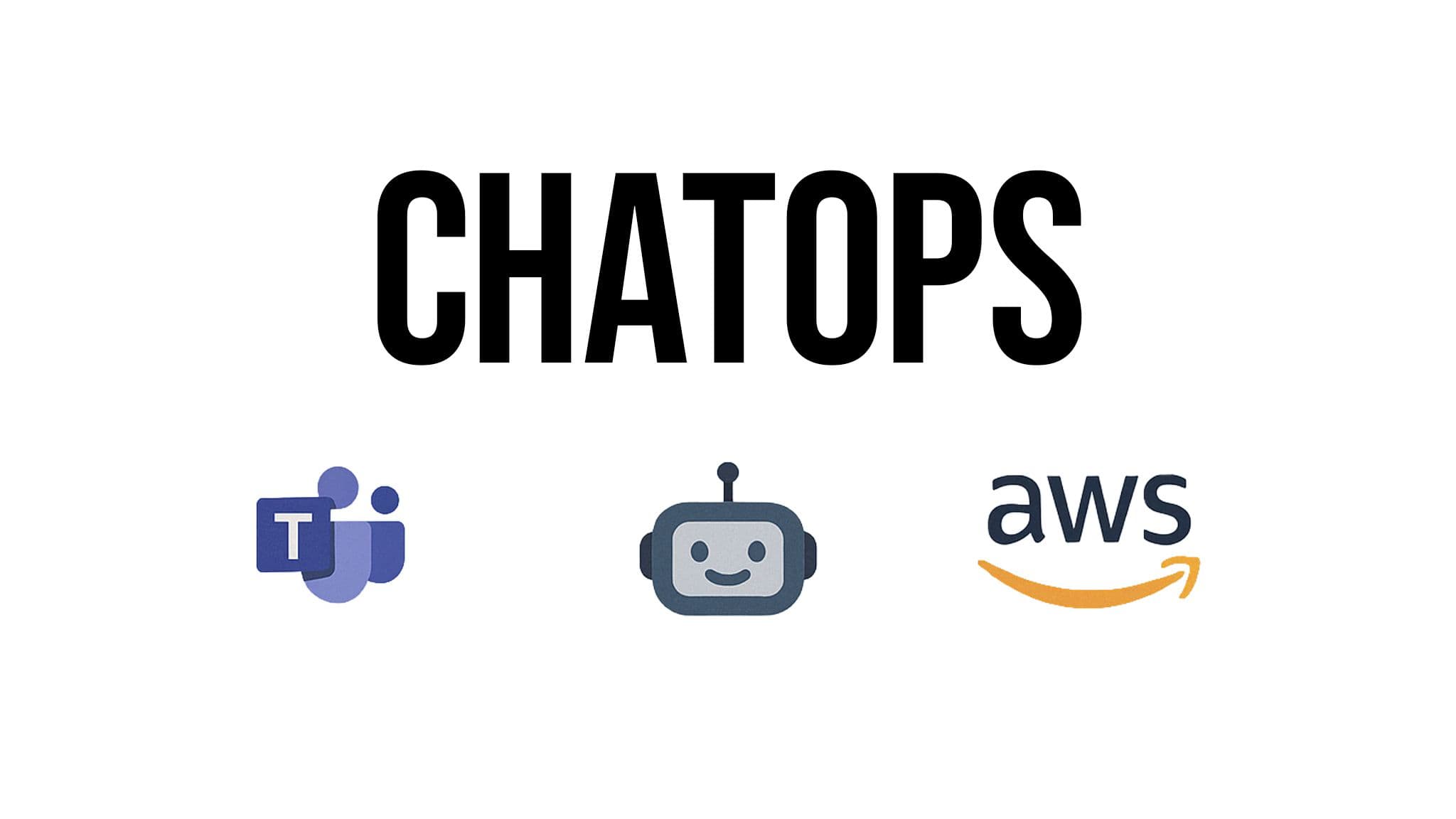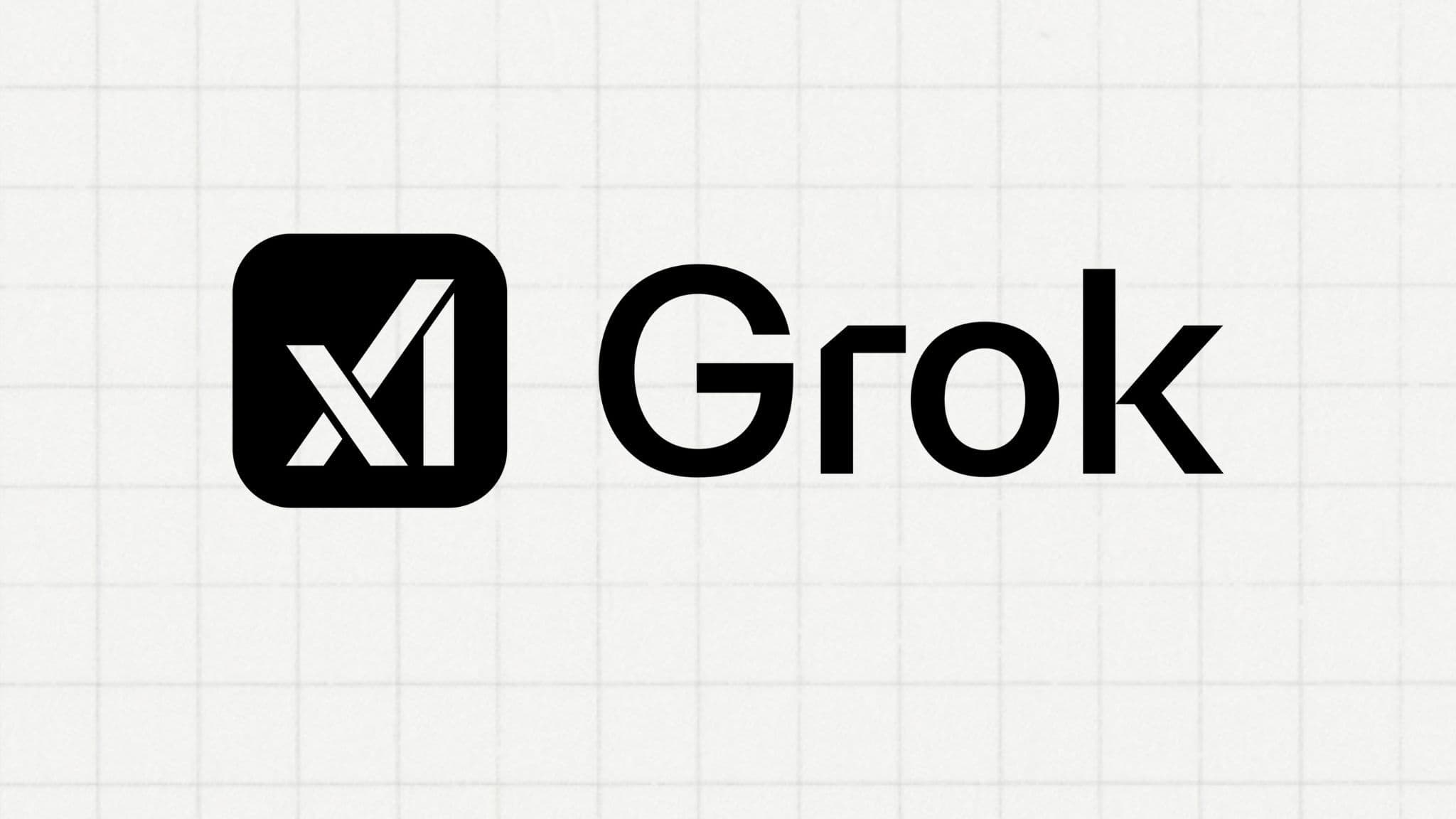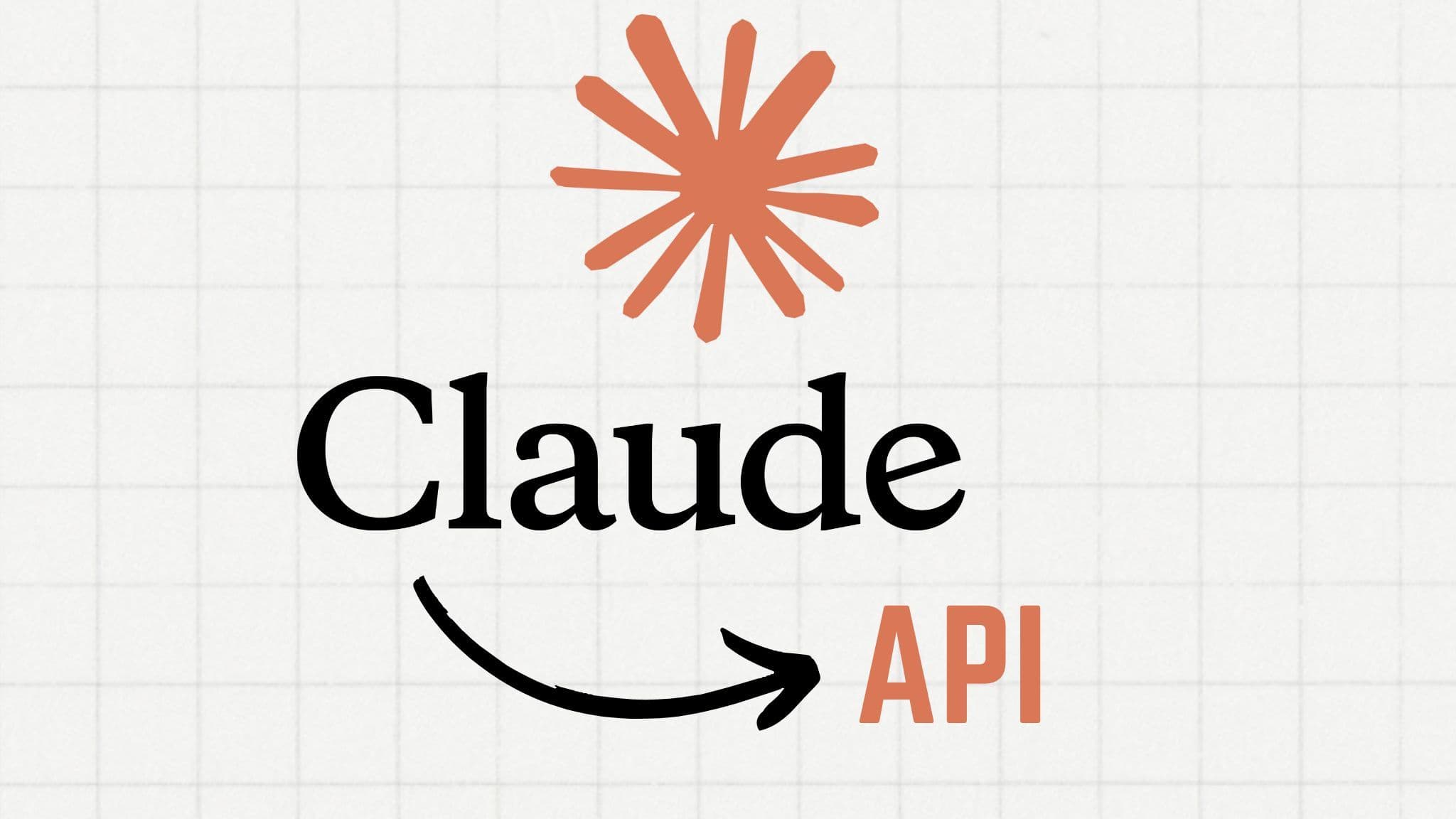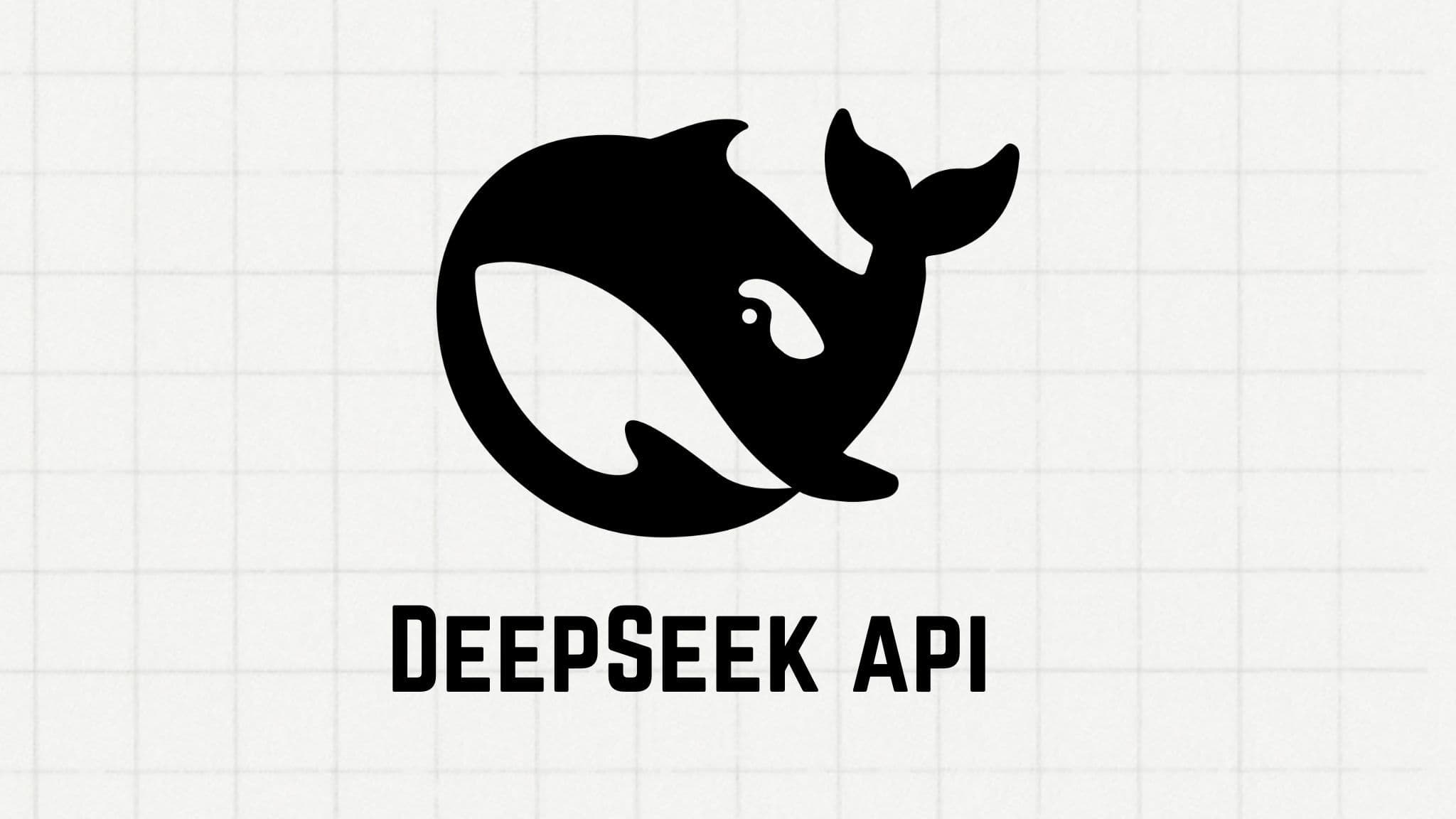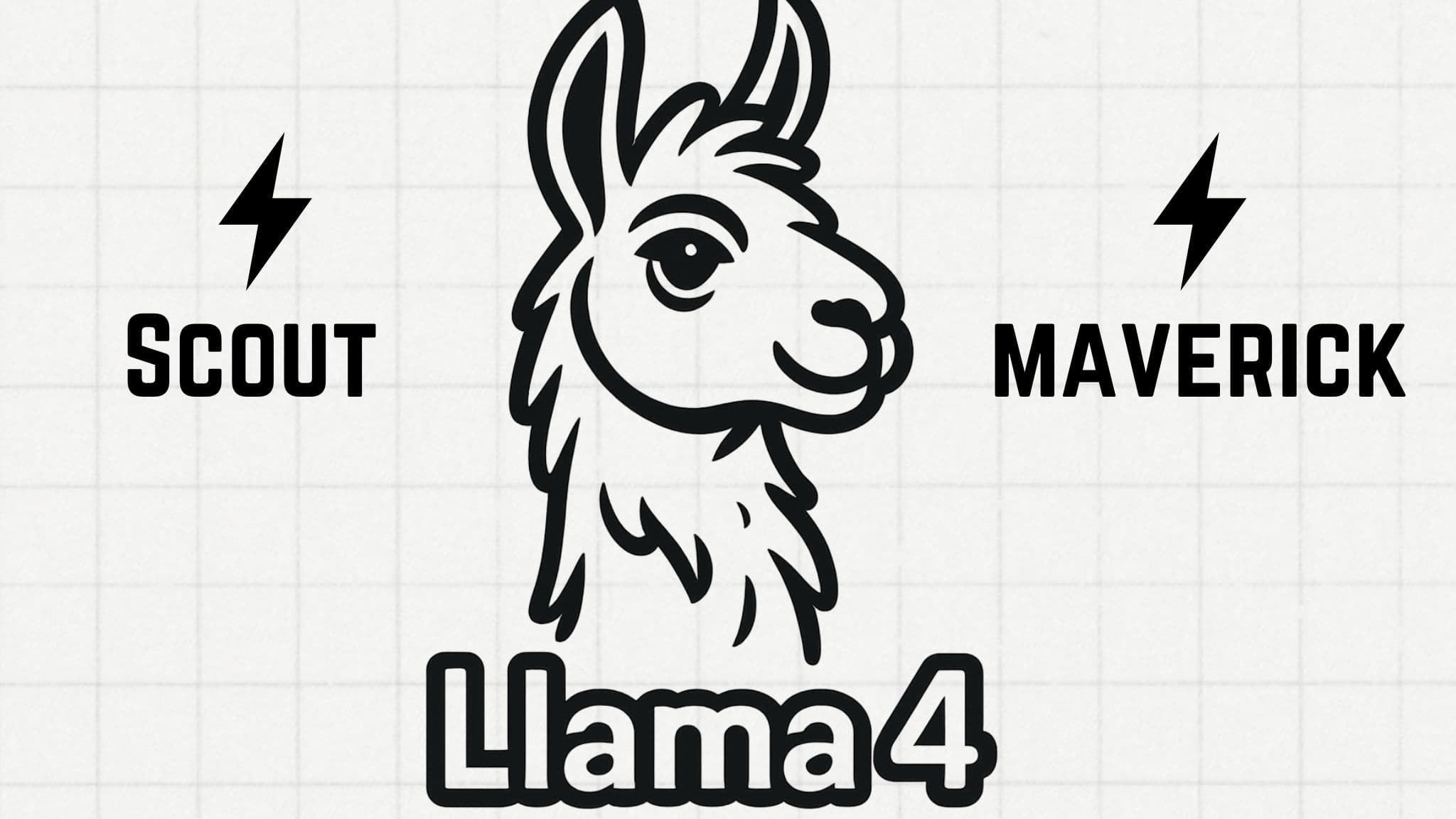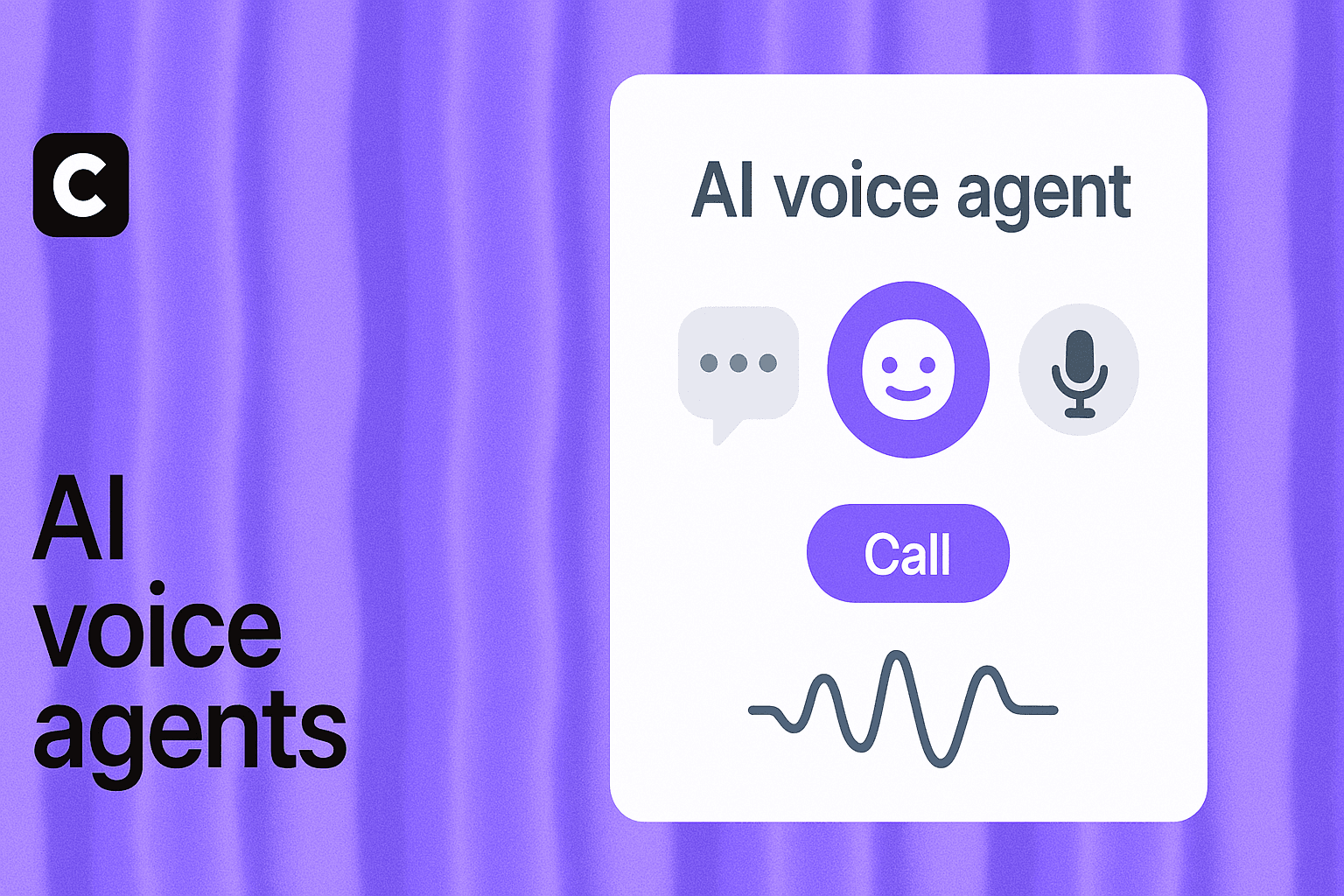Does ChatGPT Save Your Data? 2025 Privacy Guide
Ilias Ism
Jan 21, 2025
7 min read

Summary by Chatbase AI
Yes, ChatGPT saves your prompts and data! It uses this info to improve its AI models. You can opt-out of data training in settings, use temporary chats (deleted in 30 days), or delete your account. Be cautious: data breaches are possible. Don't share sensitive info. Companies should restrict its use.
The rapid rise of ChatGPT has revolutionized how we interact with technology, offering a powerful tool for everything from summarizing emails to writing code.
However, this convenience raises important questions about data privacy.
Specifically, many users wonder: Does ChatGPT save your data?
The short answer is yes, it does – and likely more than you think.
ChatGPT retains all prompts, questions, and queries entered into the system. This means that OpenAI, the company behind ChatGPT, potentially stores a vast amount of user conversations.
What Data Does ChatGPT Collect?
![[object Object]](/_next/image?url=https%3A%2F%2Fcdn.sanity.io%2Fimages%2Fi6kpkyc7%2Fprod-dataset%2F047dd082f28a456307ca87f1c7e11cc6f003f0a6-882x1190.png&w=3840&q=75&dpl=dpl_7tntgJB8iWm72dhiFLjd2bFj7E8m)
ChatGPT collects two primary types of data:
- User-Provided Data: This includes everything you type into the chatbot – your prompts, questions, responses, and any files you upload. This can range from casual inquiries to sensitive information like personal details, business data, or even source code.
- System-Generated Data: This encompasses metadata such as timestamps, usage statistics, device information (device type, operating system, browser), IP address, approximate location, and payment details (if applicable).
Specifically, OpenAI, through its privacy policy, gathers:
- Account Information: Your name, email address, phone number, and contact details.
- Chat Conversations: All your interactions with ChatGPT are stored on OpenAI's servers.
- Geolocation Data: Your approximate location when using the service.
- Network Activity: Information about your interactions with the platform.
- Commercial Information: Transaction history, if applicable.
- Log Data: Technical data like your IP address and browser type.
- Cookies: Data collected through cookies to track usage patterns.
How Does ChatGPT Use Your Data?
OpenAI primarily uses your data to train and improve its language models, including GPT-3.5, GPT-4, and future iterations like GPT-5.
This involves a process called "fine-tuning," where the model is re-trained on smaller datasets, including user interactions. Human trainers at OpenAI may review your conversations as part of this process.
OpenAI states it does not use your data for marketing and doesn't sell it to third parties without consent. However, they may disclose your information to affiliates, law enforcement, and government agencies.
How to Stop ChatGPT From Saving and Using Your Data
Thankfully, OpenAI offers some control over how your data is used:
1. Opt-Out of Model Training
![[object Object]](/_next/image?url=https%3A%2F%2Fcdn.sanity.io%2Fimages%2Fi6kpkyc7%2Fprod-dataset%2F1d12c65e4a7bfab18028dbc40e14a392c1982cbc-931x761.png&w=3840&q=75&dpl=dpl_7tntgJB8iWm72dhiFLjd2bFj7E8m)
You can prevent your chats from being used to train future models by adjusting your settings within ChatGPT. Navigate to Settings > Data Controls and disable the "Improve the model for everyone" toggle. Note that this will also disable your chat history. For Enterprise accounts, the default is that data is not used for training purposes.
2. Temporary Chats
![[object Object]](/_next/image?url=https%3A%2F%2Fcdn.sanity.io%2Fimages%2Fi6kpkyc7%2Fprod-dataset%2Fe3a1a5089827bb534a677afce197e6ef32dbe237-764x579.png&w=3840&q=75&dpl=dpl_7tntgJB8iWm72dhiFLjd2bFj7E8m)
OpenAI offers "temporary chats" that are automatically deleted within 30 days and are not used for training. To enable this, open the dropdown menu in the top left corner and toggle on the "Temporary chat" option. Note that with this option, ChatGPT will not remember any previous interactions.
3. Privacy Portal
![[object Object]](/_next/image?url=https%3A%2F%2Fcdn.sanity.io%2Fimages%2Fi6kpkyc7%2Fprod-dataset%2F358bf0f2dae46e03da69d90509699aae05e58231-546x205.png&w=3840&q=75&dpl=dpl_7tntgJB8iWm72dhiFLjd2bFj7E8m)
OpenAI's privacy portal allows you to request a copy of your data, request removal of personal data from training sets, and delete your account (which deletes all associated data).
Privacy Concerns
![[object Object]](/_next/image?url=https%3A%2F%2Fcdn.sanity.io%2Fimages%2Fi6kpkyc7%2Fprod-dataset%2Ff3ffa07ff7237ddf8011c9c6d56c64f4da85bd34-2752x1536.jpg&w=3840&q=75&dpl=dpl_7tntgJB8iWm72dhiFLjd2bFj7E8m)
Several privacy concerns arise from ChatGPT's data collection practices:
- Data Breaches: Storing vast amounts of user data creates a tempting target for cybercriminals. OpenAI has already experienced data leaks, exposing user information.
- Resurfacing of Information: There's a risk that information you provide could reappear in other users' conversations, as highlighted by The New York Times' lawsuit against OpenAI for reproducing copyrighted material.
- Vulnerabilities: Past vulnerabilities have allowed researchers to extract training data, including personal information, from ChatGPT.
- Government Access: OpenAI's privacy policy allows for data transfer to government entities, raising concerns for some users.
- Ethical Concerns: The use of user data for training without explicit consent raises ethical questions about data ownership and privacy. This is similar to concerns raised by YouTube in its class action lawsuit again OpenAI where the latter used YouTube video to train its model without consent.
Is It Safe for Companies to Use ChatGPT?
It depends, ChatGPT can be valuable for tasks like generating Excel formulas or paraphrasing text.
However, inputting sensitive company data or PII into ChatGPT poses risks.
Many organizations, including major banks and tech companies like Apple and Samsung, have banned or restricted its use due to these privacy concerns.
Consider a Dedicated Solution
![[object Object]](/_next/image?url=https%3A%2F%2Fcdn.sanity.io%2Fimages%2Fi6kpkyc7%2Fprod-dataset%2F3357ec48a49b9900d6705043ed9110972c83f4b1-1188x691.png&w=3840&q=75&dpl=dpl_7tntgJB8iWm72dhiFLjd2bFj7E8m)
Instead of relying on the standard ChatGPT, businesses seeking more control over data privacy should explore AI chatbot platforms like Chatbase.
Chatbase allows you to build and deploy AI chatbots while maintaining greater control over your data and security.
Unlike general-purpose tools, Chatbase offers features designed for business use, potentially mitigating the risks associated with standard ChatGPT.
Additional Tips for Enhanced Privacy
If you continue using ChatGPT, consider these tips:
- Use a VPN: A VPN adds a layer of privacy by masking your IP address. You can easily enhance your online security by downloading a VPN extension to your browser, making it a simple yet effective way to protect your internet activities.
- Use Proxies: Residential proxies can be used as an alternative to VPNs for keeping your IP hidden.
- Be Cautious with Inputs: Avoid entering sensitive information.
- Use Third-Party Plugins/GPTs with Caution: They may have different privacy practices.
Conclusion
![[object Object]](/_next/image?url=https%3A%2F%2Fcdn.sanity.io%2Fimages%2Fi6kpkyc7%2Fprod-dataset%2F8f6d95c904c396a78d465fb296d173c356957b17-2752x1536.jpg&w=3840&q=75&dpl=dpl_7tntgJB8iWm72dhiFLjd2bFj7E8m)
ChatGPT's ability to save and utilize user data is central to its functionality and improvement.
While OpenAI offers some controls, users should be aware of the potential privacy implications and take steps to protect their information.
By understanding how ChatGPT handles data and utilizing the available privacy options, you can make more informed decisions about using this powerful tool.
Remember, exercising caution and staying informed are crucial in the age of AI.
Share this article:

